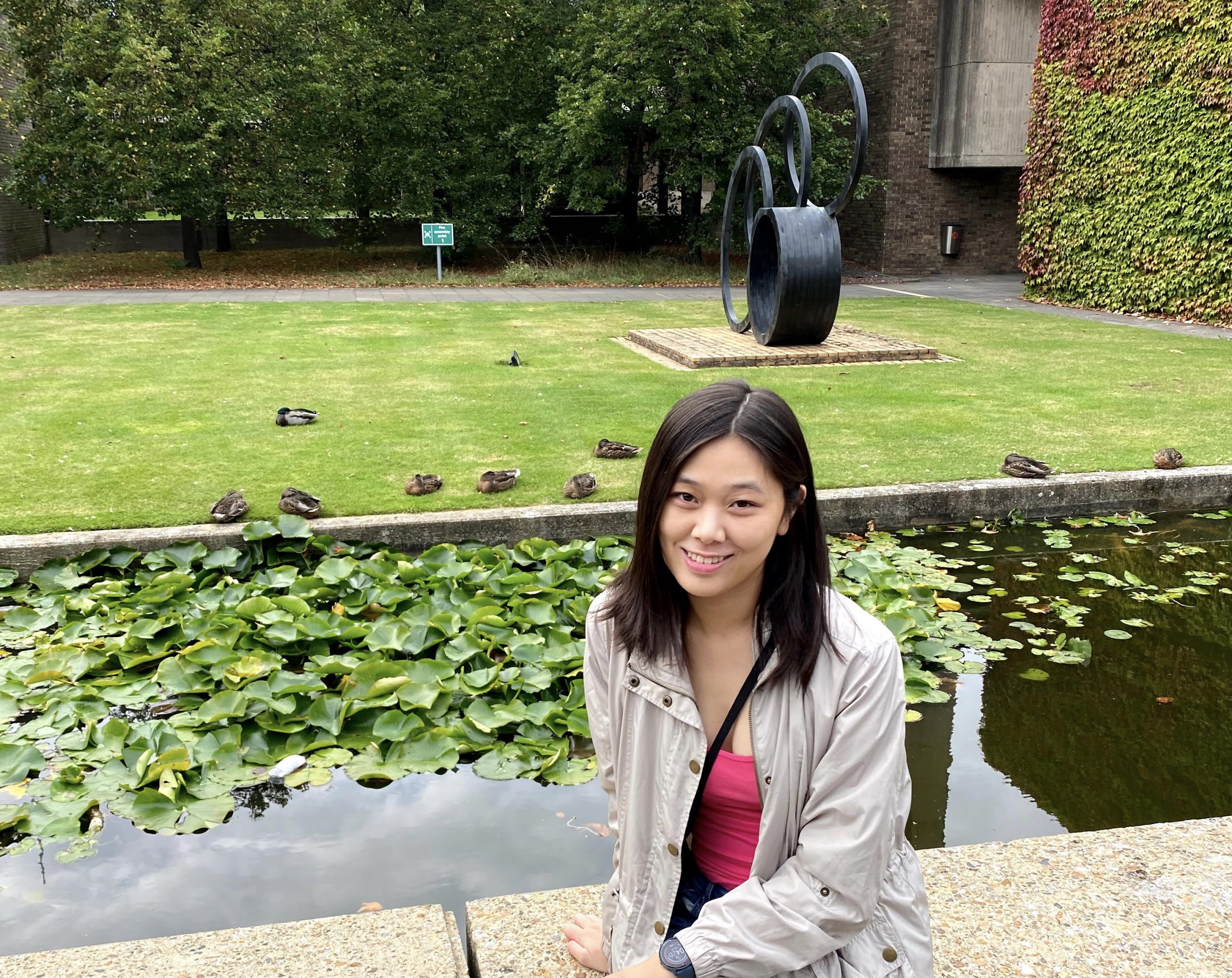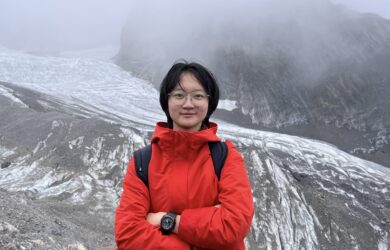
Clara Ma talks about her research on clean energy transitions in Brazil, China and India & about the urgency of addressing climate change
We are not alone. We have a larger responsibility to the life that we share this planet with. Our actions are causing so much damage, so rapidly, that many species don’t even have a chance to adapt or survive.
Clara Ma
Clara Ma has been aware of the importance of addressing climate change from an early age. She recalls reading a special issue of Time magazine in 2009 on climate change and biodiversity loss in Madagascar. “It was one of the first things that really made me feel a sense of urgency to respond,” she says. “When you are growing up you think you are the centre of the world. The article made me realise that we are not alone. We have a larger responsibility to the life that we share this planet with. Our actions are causing so much damage, so rapidly, that many species don’t even have a chance to adapt or survive.”
Keeping one foot in political science and the other in climate science, Clara hopes her research will have an impact on public policy. Her PhD in Land Economy aims to improve policymakers’ understanding of the challenges and benefits associated with the implementation of regulatory and economic policies supporting clean energy transitions in China, India and Brazil, in order to inform future policy design.
She is also working on the Economics of Energy Innovation and System Transition project for the UK Department for Business, Energy and Industrial Strategy, helping to assess the impacts of different decarbonisation policy instruments on environmental, social and technological outcomes in China, India, Brazil, the UK and European Union. Her current focus is on road transport, particularly heavy goods vehicles.
Childhood
Clara [2021] was born and grew up in Kansas with her younger sister. Her parents, both engineers, immigrated to the US from China. Clara was a curious school student who would go every week to the library at her elementary school and speed through computer class so she could spend more time there.
In high school she was part of the environmental club, which started a composting programme at her school with a local waste company. The club also helped organise annual Earth Day events. Clara was keen to contribute to local sustainability so volunteered at a recycling centre and campaigned to have her local utility company expand its energy efficiency programmes.
Her activism was limited to her own community, however, until she took part in the Forward on Climate rally in Washington against the Keystone XL pipeline in 2013, organised by well-known environmentalists like Bill McKibben. She went on a 24-hour bus journey to D.C. and attended a youth summit on climate activism which she found motivating. “I thought this could be something I could do with my life,” she says.
Undergraduate years
Due to her desire to learn as much as she could about the Earth’s climate system, she studied Geology and Geophysics at Yale. She focused on climate science and climate modelling, particularly aerosols and air pollution.
In 2017 she helped research a paper on the impact of climate change on tropospheric ozone levels in China and the associated health burden. The paper was published in 2019. In 2018 Clara worked on modelling atmospheric aerosols and air pollution in the environmental science division of Argonne National Laboratory, a science and engineering research national laboratory operated by the US Department of Energy.
Clara was also interested in political science and ended up taking so many classes in the subject that she graduated with a double major and won a prize for the best senior essay in international relations with her thesis on the geopolitical implications of climate change in the Arctic region, which culminated in a number of policy recommendations.
She also wrote a second thesis in climate modelling on the geophysical impacts of Arctic polar warming. She really enjoyed the process of devising and analysing environmental policy solutions and the experience made her question what her next move should be. “There is so much I don’t know and always so much to learn, but I am also aware of how pressing these problems are, how much can change in just a few years and how precious time is,” she says.
Cambridge
She applied to Cambridge to do a master’s in public policy in 2020. The course involved a work placement at the International Energy Agency which resulted in a policy brief on the integration of renewables into India’s electricity system. She had spent the previous summer – 2019 – working at the US Federal Energy Regulatory Commission investigating evidence of manipulation in regional electricity markets.
2021 was an important year in her studies. Clara won a scholarship to study for a master’s in global affairs at Tsinghua University prompted by a desire to learn more about China. However, due to Covid she had to study online. Her grandmother died the same year. She had taught Clara a lot about never letting anything go to waste and that had spurred her interest in sustainability. Her death renewed her desire to make a difference.
In October 2021 Clara started her PhD. She hopes that both her research and her activism will lead to positive change. She has recently decided to go vegan, which she links back to her original motivation around the loss of biodiversity as well as her empathy for both wild and farmed animals. “When I was younger, I cared so much about wildlife in natural habitats, but I completely overlooked the enormous suffering that occurs every day because of the way we eat, drink, entertain and dress,” she says.
She is looking at where she can go next with her research. Other areas of transport are a natural progression, but she is also interested in food sustainability, with her veganism highlighting the extensive ways in which animal agriculture drives climate change, deforestation, biodiversity loss, freshwater and marine pollution and eutrophication and land use change, among many others. Her main impetus is a desire to have a meaningful impact, coupled with a keen awareness of the urgency needed to do so.












